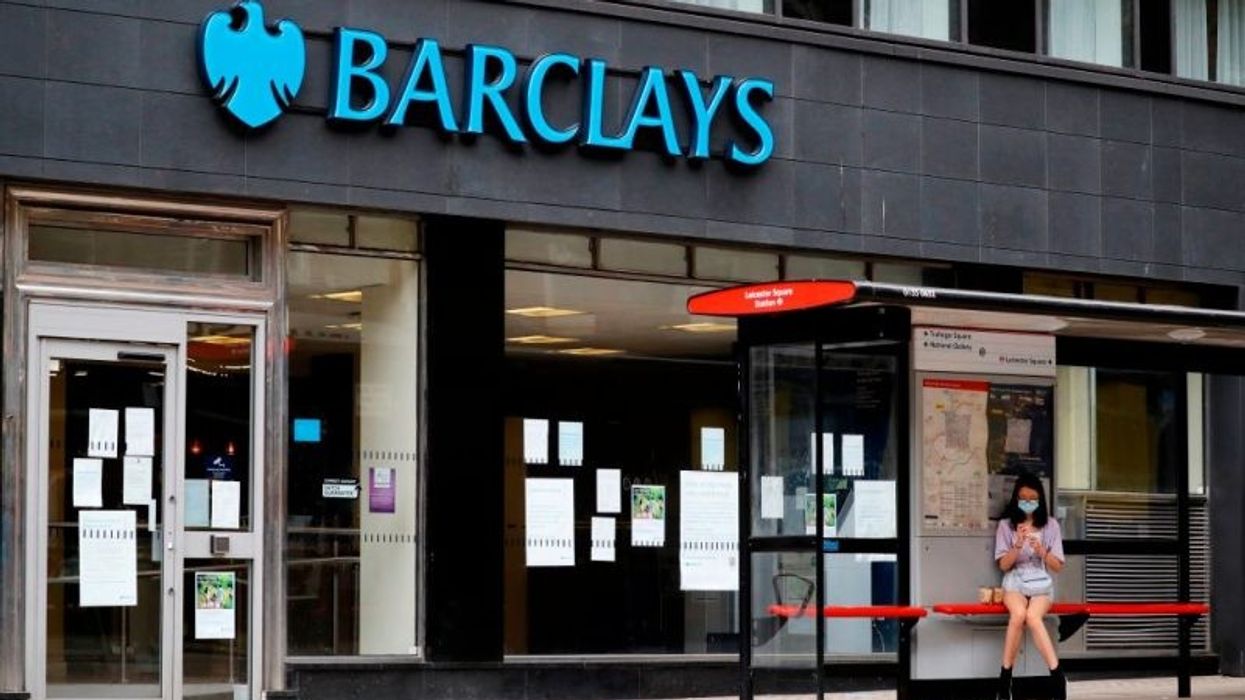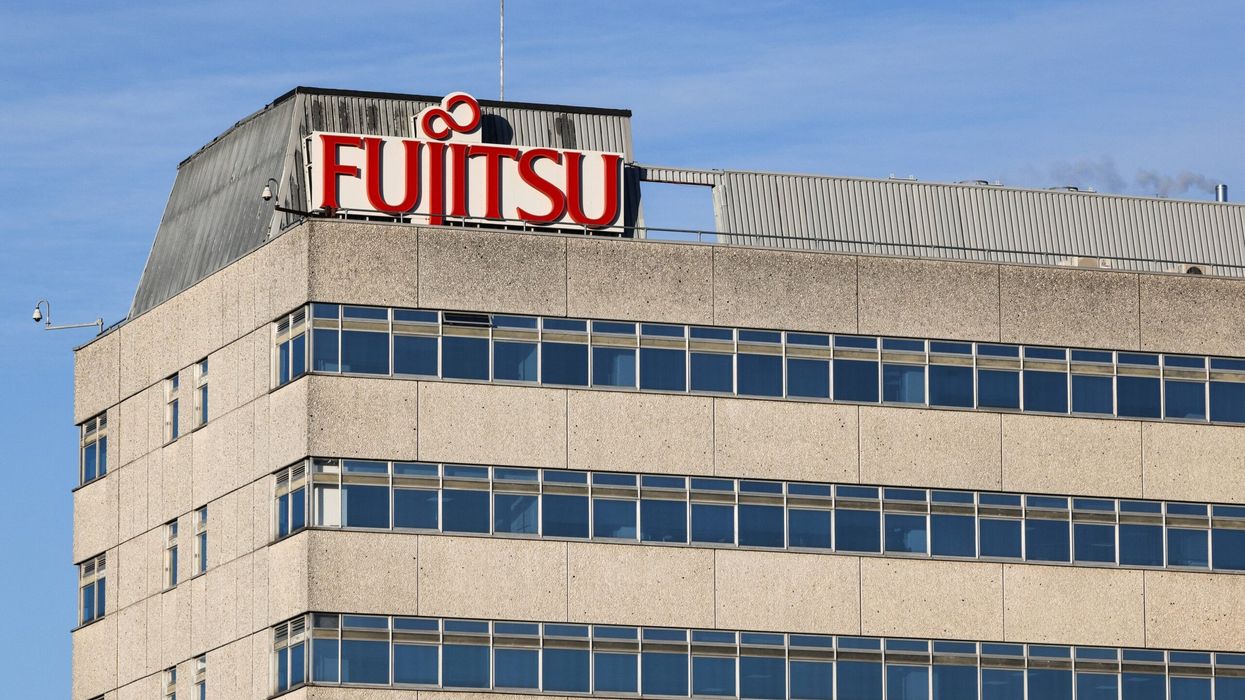BARCLAYS shares continued to slide for a second on Wednesday (30) after one of its top investors offloaded a £900-million chunk of stock in the lender at a discount.
The investor on Tuesday (29) sold 599 million shares at 150p apiece against the previous day’s closing price of 160.48p on the London Stock Exchange.
Qatar Investment Authority, BlackRock, Vanguard and Capital Group are major investors in the company, but it is not clear who sold the large quantity of shares.
While the FTSE100 index gained on Wednesday, Barclays stock declined 3.20 per cent to 151.44p after Tuesday’s 2.4 per cent fall.
The bulk sale by the institutional investor - speculated to be Capital - followed the disclosure that Barclays faces an estimated £450m loss and regulatory scrutiny for exceeding a US limit on sales of structured products.
The British lender said on Monday (28) that it would have to delay a planned £1 billion share buyback as of the loss, which it will have to incur as a result of buying back the securities in question at their original purchase price.
It said it had oversold billions of pounds worth of the securities over a period of about a year, overshooting a $20.8 bn limit agreed with United States regulators by $15.2 billion.
The major regulatory blunder is an early embarrassment for CS Venkatakrishnan, the newly-appointed chief executive of Barclays, whose previous roles included heading up the bank's global markets and risk operations.
Analysts at Shore Capital said in a note that Barclays appeared to be "tripping over its shoelaces".
The wider investment bank had previously proved a stellar performer for Barclays over recent years, helping it to post a record annual profit for 2021.
While the current share buyback has only been delayed, the error could reduce future capital distributions to shareholders by the bank, the Shore Capital analysts said.
The structured products involved include two exchange-traded notes (ETNs) linked to crude oil and market volatility, a source familiar with the matter said.
Barclays suspended sales and issuance of both this month.
Before sales were suspended, the so-called VXX product had surged in popularity as investors placed bets on volatility as the Ukraine crisis roiled global markets, with the number of shares changing hands daily doubling to 71 million in a month.
Barclays said at the time that capacity issues were to blame and the actions were not linked to the crisis in Ukraine.
The bank said on Monday (28) its best estimate was that the loss on the affected securities would amount to £450m, cutting its core capital ratio to the middle of its 13-14 per cent target range. The loss estimate did not include tax.
Barclays said it would delay its share buyback until the second quarter of the year as a result.
It said that it had commissioned an independent review, while regulators were conducting inquiries and requesting information from the bank.
Barclays said the securities were registered for sale in August 2019, adding that it would file a new registration with the US Securities and Exchange Commission as soon as practicable.
Barclays stock continues to slide after top investor offloads shares












